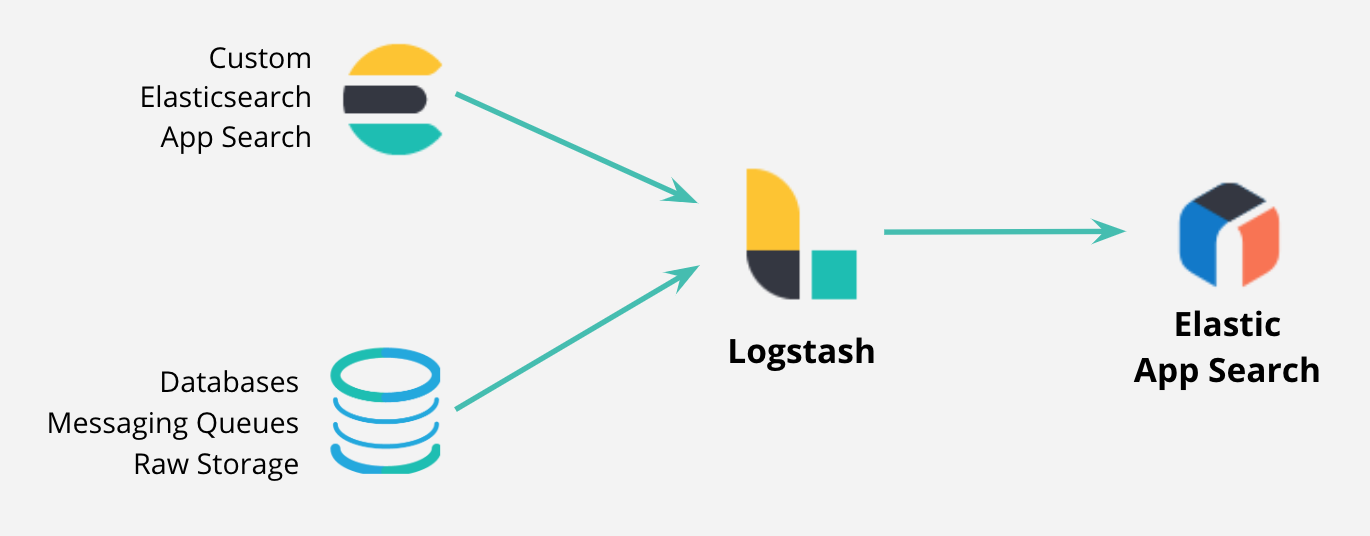Logstash 7.2.0 released
We’re proud to announce the general availability of the Logstash 7.2.0 release. This is the latest stable release and is now available for download! This Logstash release maintains a core focus on the plugins and integrations ecosystem. Please refer to the release notes for the complete list of bug fixes and features.
Welcoming All Java Developers
Java developers rejoice! With the Logstash 7.2.0 release, support for Java plugins is now GA. This brings first class support for Java plugins where developers can write Logstash plugins with pure Java code, free of any Ruby dependencies.
The introduction of Java plugins opens the door to a whole new world of Java developers that can now easily contribute to the Logstash plugins ecosystem with their native language. Java plugins will typically have better performance especially when executed in conjunction with the Java execution engine that was enabled by default since 7.0.0. Additionally, these plugins run seamlessly alongside other Ruby plugins in your Logstash pipeline.
For those interested in writing Java plugins, please take a look at the documentation. We’ve also added some Java plugin examples in Github to help you get started quickly.
Consuming from JMS Queues
Java Message Service (JMS) technologies have been around for a long time and are a key piece of infrastructure in some of our users’ production environments. We’re excited to announce that the Logstash JMS input plugin has went through a revamp and is now the recommended option for integrating with and consuming from JMS queues.
The JMS input plugin supports consuming data from any JMS technology into the Elastic Stack and has been enhanced with more stability, durability, and added support for TLS security over the wire. The plugin embraces the bring-your-own-driver model, similar to the JDBC plugins, which enables a broad coverage of technologies as long as they comply to JMS standards. Although we’ve only tested against Solace, ActiveMQ, and ActiveMQ Artemis, we encourage you to try it out with your own JMS deployments and let us know what you think!
Please note that this plugin is not bundled by default with Logstash 7.2.0. To use the plugin, you will need to first install it with the Logstash plugin manager using the command below. We plan to bundle this plugin by default moving forward starting with the Logstash 7.3.0 release.
bin/logstash-plugin install logstash-input-jms
Integration with Self-Managed Elastic App Search
In more good news, Elastic App Search self-managed has officially gone GA in the 7.2.0 release with more details in this blog post for those that are curious. Alongside this news, Logstash now also supports outputting data to the self-managed version of Elastic App Search with the Elastic App Search output plugin GA.
For those with existing custom Elasticsearch application search use cases, Logstash can be used to easily migrate your data over to Elastic App Search. If you have existing data in your data stores or messaging queues that you’d like to unlock for application search, Logstash can also be leveraged to move those datasets into Elastic App Search, regardless of whether it's a fully managed or self-hosted deployment.

Please note that this new plugin version is not bundled by default with Logstash 7.2.0. To use the plugin with self-managed Elastic App Search, you will need to first update it with the Logstash plugin manager using the command below. We plan to bundle this new plugin version moving forward starting with the Logstash 7.3.0 release.
bin/logstash-plugin update logstash-output-elastic_app_search
More Integrations with Google Cloud Platform
As part of any cloud platform, there are tablestake integrations that are necessary to nurture a tight knit fabric with the Elastic ecosystem. We continue down this road with this release. Logstash now has new and enhanced integrations to read and write from the Google Cloud Storage (GCS) blob store.
The GCS input plugin allows users to ingest data from GCS buckets into the Elastic Stack for real-time analytics. Additionally, the GCS output plugin has gone through a rewrite, leveraging a new Java client for improved performance and stability. We’d like to thank the Google Graphite team for their great efforts with these contributions.
Feedback
Please download Logstash 7.2.0, try it out, and let us know what you think on Twitter (@elastic) or in our forums. You can report any bugs or feature requests on the Logstash Github issues page or within the respective plugin repositories.